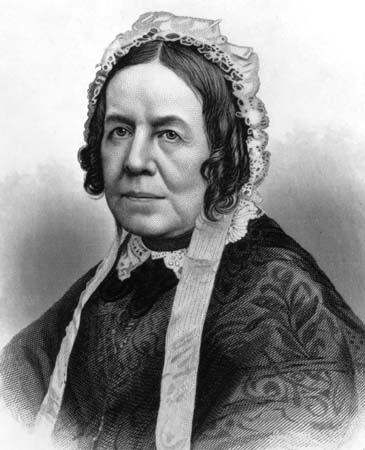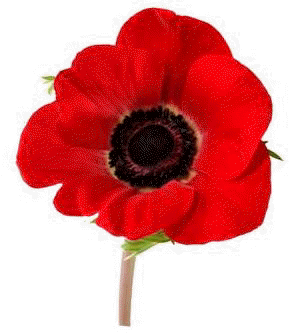Guest blogger Jim Nash and his family are commercial salmon fishermen who fish in Bristol Bay, Alaska, in the summer. He teaches high school in Stanwood the rest of the year. He shares his photos and this story about his BEST CATCH EVER:
 |
| The Kudos has an estimated 3000 pounds of fish aboard as it continues to haul in the net, preparing for another set. |
by
Jim Nash with Joan Biggar Husby
The radio crackled to life. “I’ve propped the net,” the crew heard group member Everett gasp.
Jim Nash groaned. Propping one’s net is never a good thing for a fisherman. Backing the propeller into the net can ruin the net, the propeller, and sometimes the entire day of fishing.
“The wind’s blowing the boat into the shallows and I’m almost in the surf!” Everett sounded desperate as well as chilled to the bone. And no wonder. He’d gone over the back of the boat in nothing but his underwear, trying to cut the net loose in the forty-five-degree water.
Jim grabbed the mike. “The soonest we can have the net in the boat is twenty minutes. Where are you?”
Everett gave his position, less than five miles away.
Jim had spent many summers as a commercial salmon fisherman in Bristol Bay, Alaska. Regardless of the success or failure of the season, one reason he kept fishing was the relationship he had with his radio group, comprised of the captains and crews of six or seven boats. They fished in the same general area and shared information with each other.
If one group member found fish, he’d radio the others on a scrambled frequency that no one else could decipher. He’d tell them which direction the fish were heading, or if he found no fish, he might say, “No luck here.” Or he might radio, "This area's already crowded with boats. Try someplace else." He might give tips on how best to set the nets in order to make the catch.
 |
| Many of the fishing operations in Alaska are family operated. This picture of the Kudos, one of Jim's boats, has Phil (Jim's son-inlaw) on the bridge, Spencer Nash (nephew), holding the little king salmon; Shea Nash (son), and Necia (daughter) in the stern. You can tell by the bouys dragging in the water that the boat is nearing being full (12,000-15,000 pounds). |
The purpose of a radio group was to help everyone catch more fish. It was assumed that all members maintained their boats and equipment well. If one was in trouble or needed a part, the others would help out, but that seldom was necessary.
That year, Everett, a likable man in his 30s, had joined their group. Everett’s family had fished out of Kodiak for some time, but Jim had never fished with him before.
Everett’s problem was his ancient “woodie,” a craft from the era just after sailboats and before aluminum or fiberglass boats. All he could afford, it barely held together. The fittings and gaskets leaked, fouling the diesel engine and making it smoke. The crotchety transmission balked at shifting into neutral. As a result, Everett often called for help. Usually, it was urgent.
One day Jim had found a great spot for fishing. He hauled in a net full of thrashing salmon and set it again. Corks jerked on the surface as fish swam into the deep part of the net, announcing their arrival with exuberant splash and dance. Fishermen live for times like this!
Then he heard Everett on the radio. He had a problem. Could someone help? Jim stared at his radio. If he went to help Everett, it could cost him thousands of dollars in lost fishing time. “There’s got to be someone closer than me,” he muttered.
Jim picked up the microphone and held it, waiting, until he heard Dick, his older brother, say, “I’m pulling my net, Everett. I’m on my way.”
Dick was like that. Not a selfish bone in his body.
Relieved, Jim put the microphone back on its clip. God elbowed him hard. He knew in his gut that what he had done was not right. “Don’t worry about the money,” he felt God say. “Remember, all these fish belong to me.”
“God, you’re right. Of course, you’re in charge. Next time Everett needs help, I’ll be there.”
The very next day Everett called to say he’d propped the net. "We'll be right there," Jim responded. The crew got their net out of the water and on board in record time. As the end buoy bounced over the stern roller and into the boat, Jim pushed the engine to full throttle and turned toward the coordinates Everett had given him.
Soon they saw his boat, a small dot just outside the surf line in an area similar to a place called "Dead Man Sands." Years before, an unexpected storm had blown part of the fleet onto those sands miles off shore, too far away to swim to safety. All hands were lost. It looked as if Everett was about to do the same thing–ground on a bar, with the actual shore nothing but a thin gray suggestion in the distance. Jim flipped on the radio. "Hang on, Everett. We're almost there."
“I think I’ll be okay, Jim,” he responded breathlessly. “I dived overboard again and cut most of the line from the prop. I think I can get my net in now.”
“That’s great,” Jim told him. “We’ll be standing by if you need assistance.”
Now what? Jim looked at his chart of the Nushagak fishing district. It showed sand bars, channels, and water depths. He realized they were in an area they’d never fished before. With a fingertip, he traced one deep channel surrounded by shallows near the mouth of the Igushik River. “Hmm,” he said out loud. Sometimes fish school up along deep channels before moving into rivers to spawn. “Let’s give it a try,” he told his crew.
They set the net across the channel and the net filled with salmon. Of more than 150 times they’d already set the net that season, this set out in the middle of nowhere with no boats in view other than Everett’s a mile away, turned out to be the best of the year. Jim had been worried about the money he’d forfeit by helping Everett. But the Lord hadn’t given him his dependable boat just to catch fish and make money. He could feel God smiling as the lesson sank in. The boat was his to use for God’s purposes. God was perfectly able to take care of the rest.
 |
| On F/V Seaquill in Bristol Bay Alaska. (Necia and Taylor) This was a good day. |







